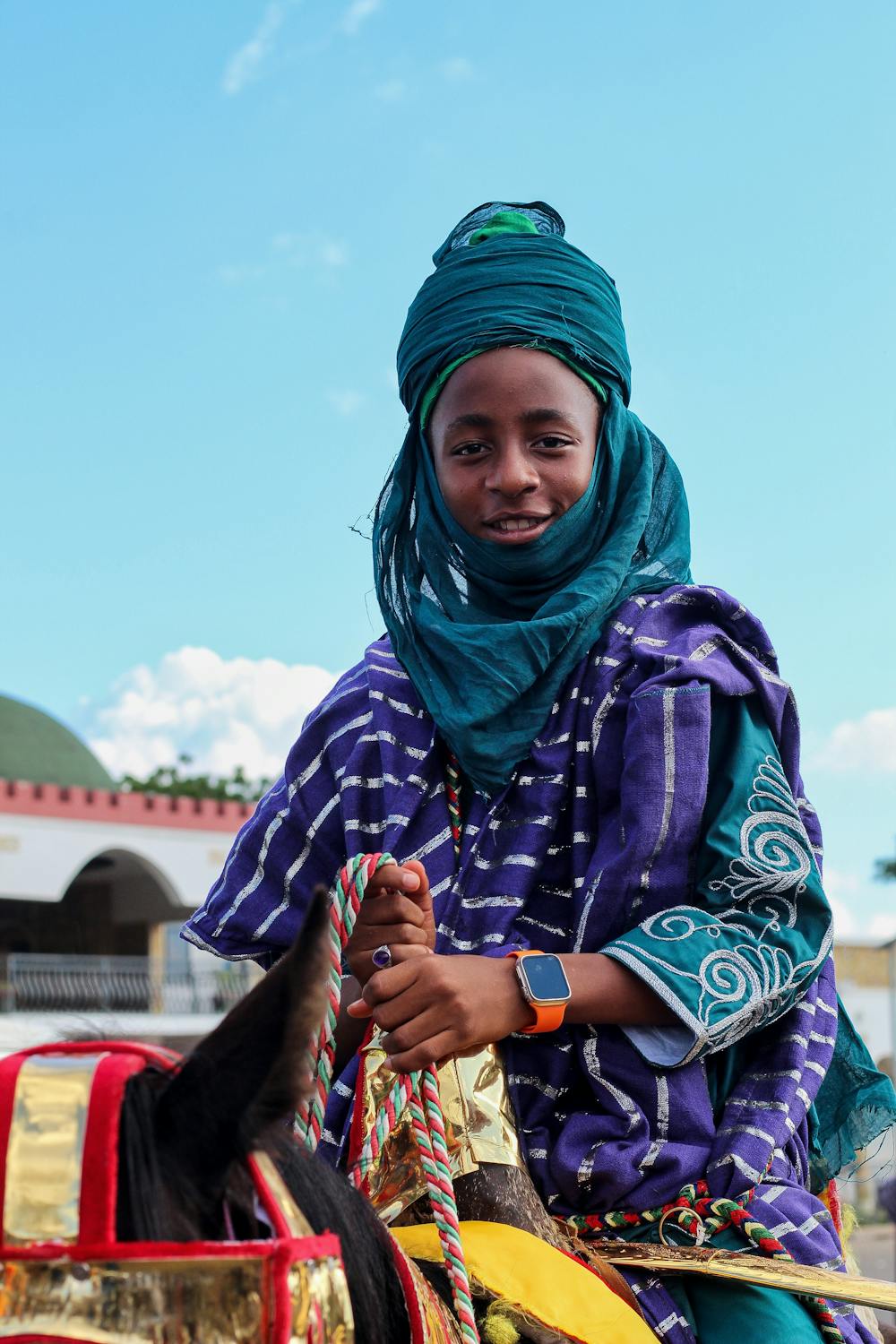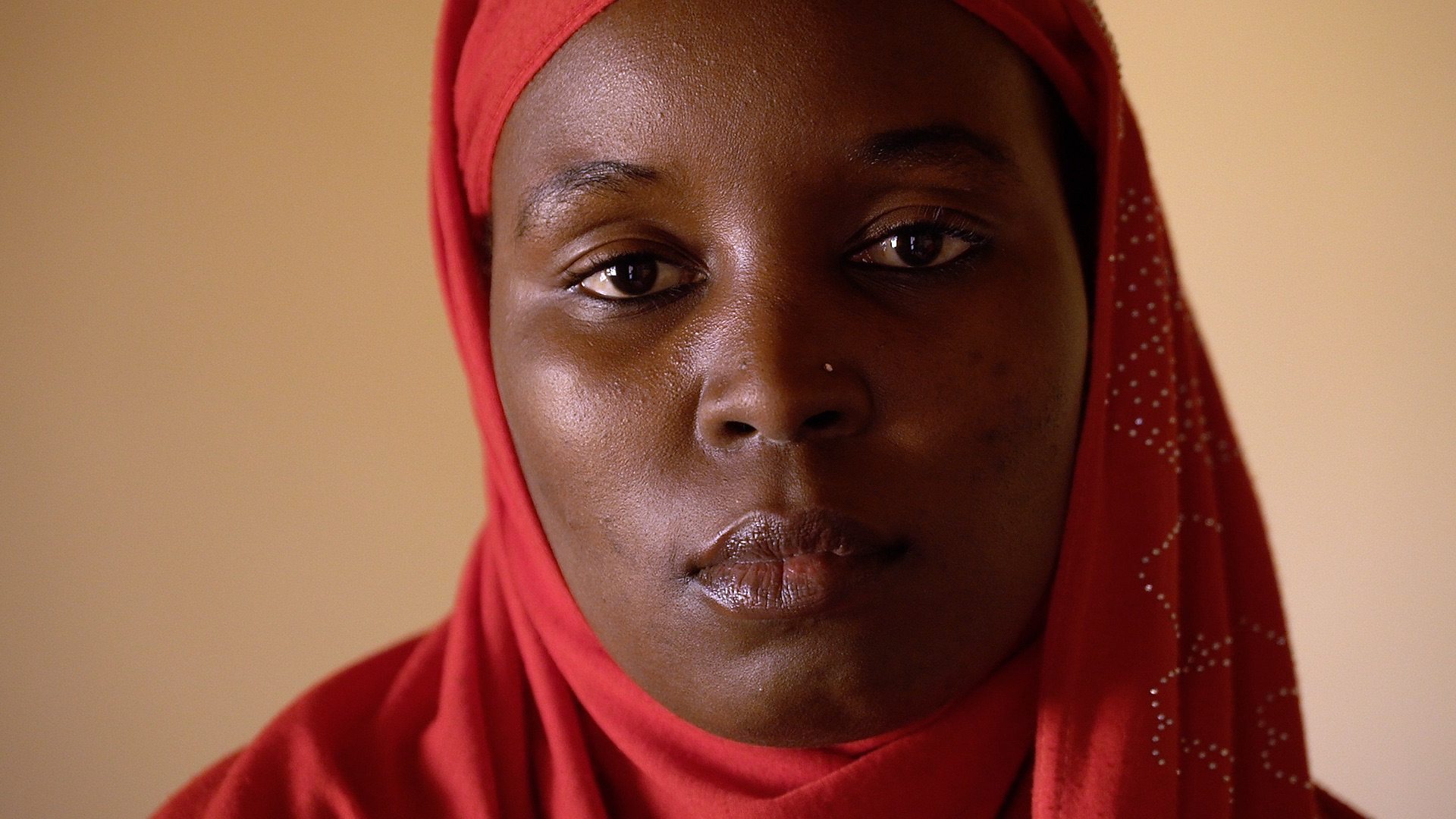
Photo by Toro Tseleng
NIGER
Niger is a landlocked country located in West Africa. It is the largest country in West Africa and the third largest on the African continent. Niger is bordered by several countries, including Algeria and Libya to the north, Chad to the east, Nigeria and Benin to the south, Burkina Faso and Mali to the west.
The capital city of Niger is Niamey, which is also the largest city in the country and serves as its political, economic, and cultural centre. The official language of Niger is French, while Hausa is the most spoken indigenous languages alongside Zarma, and Tuareg.
Niger has a long and complex history. It was part of various empires and kingdoms in the past, including the Songhai Empire. In the late 19th century, it was colonized by France, becoming part of French West Africa. Niger gained independence from France in 1960. Since independence, Niger has experienced periods of political instability, including coups and rebellions.
Namibia gained independence in 1990 after a prolonged liberation struggle led by the South West Africa People’s Organization (SWAPO). Today, Namibia is a stable democracy with a multi-party system.
Niger’s economy is largely based on agriculture and livestock herding. The country is a significant producer of uranium, which is a major export. However, Niger faces significant development challenges, including poverty, food insecurity, and desertification
Niger has a diverse cultural heritage, influenced by various ethnic groups, including the Hausa, Songhai, Tuareg, and Fulani.
The country is known for its traditional music, crafts, and festivals. The Tuareg people, in particular, have a distinct culture and are known for their nomadic lifestyle and their intricate silverwork. Niger boasts diverse landscapes, including the Sahara Desert, the Sahel region, and the Aïr Mountains, a UNESCO World Heritage Site known for its dramatic volcanic formations and rich cultural history.
The country is also home to the W National Park, a transboundary protected area shared with Benin and Burkina Faso, known for its biodiversity.
The annual Cure Salée festival, celebrated by the Tuareg and Fulani nomads, showcases Niger’s rich heritage through music, dance, and camel parades.
Nigerien cuisine features staple foods such as millet, rice, and sorghum, often accompanied by sauces made from peanuts, vegetables, or meat.
Hidden Insights: Uncovering Niger
- The Aïr Mountains: Located in northern Niger, this rugged mountain range is known for its unique rock formations, prehistoric cave paintings, and diverse wildlife. It provides a striking contrast to the surrounding Sahara Desert.
2. The Tenere Desert: Often referred to as the “desert within a desert,” the Tenere is one of the most extreme and beautiful parts of the Sahara. It is home to shifting sand dunes, ancient caravan routes, and remnants of lost civilizations.
3. Gerewol Festival: Celebrated by the Wodaabe Fulani people, this annual festival is a vibrant display of beauty, dance, and courtship rituals. Men adorn themselves with elaborate face paint and costumes, competing for attention in a mesmerizing spectacle of tradition.
4. The Grand Mosque of Agadez: This historic mosque, built in the 16th century, is one of Niger’s most iconic landmarks. Constructed from mudbrick, its distinctive minaret stands as a symbol of the region’s deep Islamic heritage and architectural ingenuity.

Photo by Mohau Mannathoko

Photo by Toro Tseleng
Capital City: Niamey
Population: 26,342,784
Nationality: Nigerien(s)
Location: Western Africa, southeast of Algeria
Languages: Hausa, Zarma, French (official), Fufulde, Tamashek, Kanuri, Gurmancema, Tagdal
Religion: Muslim 95.5%, ethnic religionist 4.1%, Christian 0.3%, agnostics and other 0.1% (2020 est.)
Area Total: 1.267 million sq km
Niger Honorary Consulate in United Kingdom:
45 Ashford Crescent
Grange Farm, Milton Keynes
MK8 0LZ
United Kingdom
Website
https://www.nigerconsulate.org.uk/
Correcting The Map: The True Size Of Africa
The Mercator Projection downplays the size of Global South continents as it makes the Global North look larger
Heritage: What shapes us?
When heritage is mentioned, our minds often leap to the spectacular and the visible: the grandeur of world heritage sites, the majesty of traditional attire, the vibrant swirl of dances and festivals, or the melodies of mother tongues. These are the showpieces of...
HER-itage: Africa’s Phenomenal Queens And Leaders
Honouring and celebrating the incredible contributions of women throughout African history. These remarkable women have shaped nations, led revolutions, and stood against oppression with unwavering resilience. These queens, warriors, and visionaries broke barriers,...
